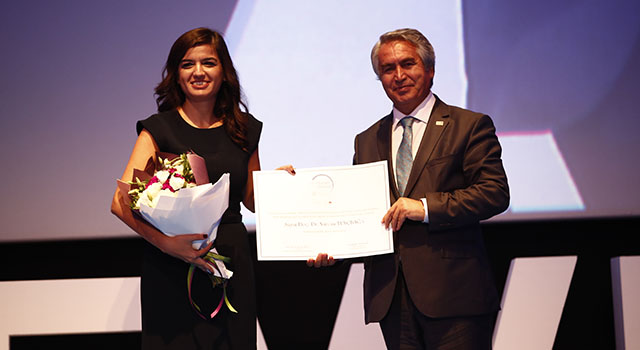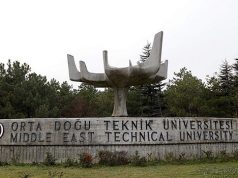
Assoc. Prof. Nurcan Tunçbağ at METU Graduate School of Informatics, who is working on bioinformatics and computational system biology, develops computer models that reveals complex interaction networks in cancer cells using mathematical formulas. In her studies where she looks for an answer to the question “Why some cancer treatments do not work for some people?”, Ms. Tunçbağ aims to contribute to the development of the most appropriate personalized treatment strategy for cancer. With these studies, she also won the scholarship for UNESCO-L’Oreal For Women in Science last year.
Stating that we are going through the age of big data, the approaches in biology converge toward the system science following the development of experimental technologies and computer infrastructures and , bioinformatics, complementary biology and computational system biology are the priority research areas in the five-year strategy plans of international institutions, Assoc. Prof. Tunçbağ said “Patient specific data storage and the identification of treatment strategies using the findings obtained through this data are rapidly progressing in the world. We are also making important contributions to this field.”
Assoc. Prof. Nurcan Tunçbağ described their study as follows:
Genes that perform a variety of tasks within the cell produce proteins that are the building blocks of the cell. Thousands of molecules communicate with each other in the cell just like in social networks. Errors and inaccuracies in the interactions between proteins cause various diseases including cancer. In our studies, we try to determine how interactions between these proteins change in each patient by modeling the inside of the cell. In our research, we focus on uncovering hidden, cancer-causing functional structures and target molecules within the complex interaction network within the cell. In this context, we are trying to reveal the cell communication in cancer by using the various algorithms applied to the regulation of telecommunication and transportation systems and the software we adapt to the biological systems from a personalized perspective. As a result of our research, we aim to find out how the interaction and signaling networks between proteins and genomes change in various types of cancer and contribute to the development of personalized treatment strategies.







